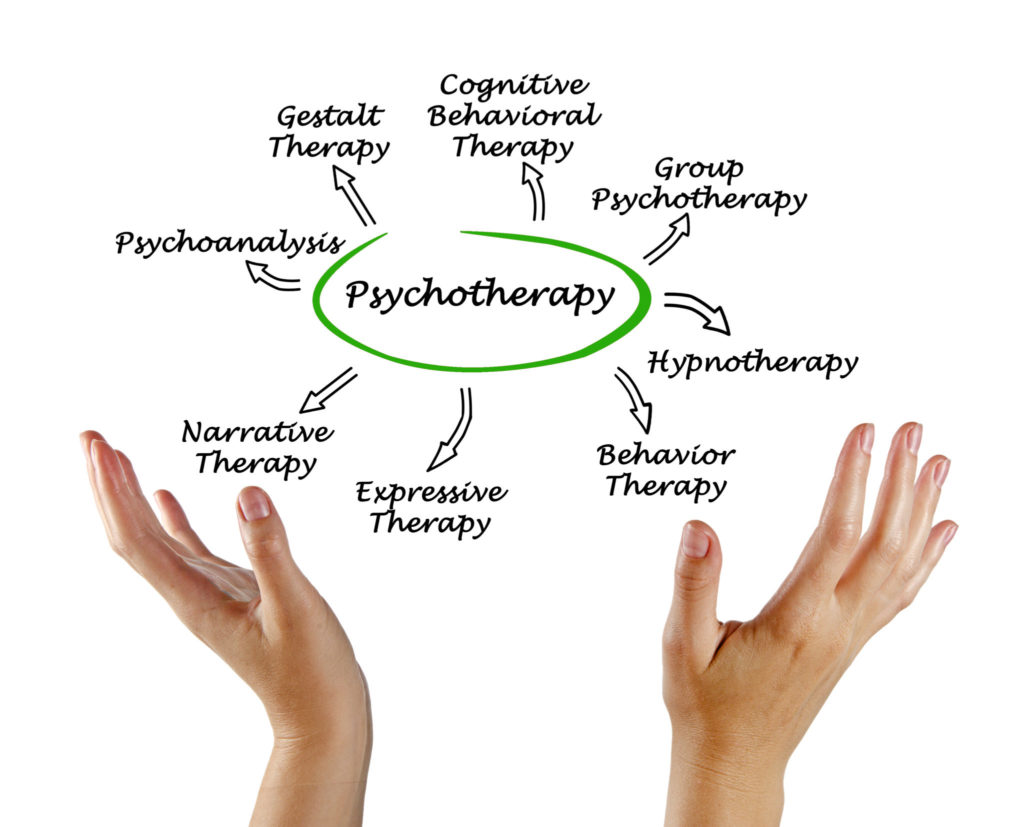07733366644 or darrenbottrill@futuredays.org.uk
What is Psychotherapy?
Psychotherapy is the provision of, by qualified practitioners, a professional but friendly and respectful relationship,
within which the client and Psychotherapist can both explore all aspects of personality and relationships.
How does Psychotherapy work?
There are many different types of psychotherapy and they all work a little differently. However there are some basic similarities. Psychotherapy encourages a better understanding of self, others and relationship.
1, Self is how you think (including your ‘belief system’), how your feel (or not!) and what you do (behaviour).
2, Others this means significant people in your life such as family, work colleages and friends.
3, Relationship we learn how to relate to others from our very early relationships with our primary caretakers (usually parents) and also by watching our primary caretakers relate with each other. We either copy these early relationships or in some cases we rebel and do the polar opposite.
Successful psychotherapy will usually see changes in all three areas.
EMDR Psychotherapy works by reprogramming the brain to process trauma and relate to the past in a ‘normal’ way.
What is the difference between psychotherapy and counselling?

Traditionally Psychotherapists were trained more extensively and minimum course lengths were 4 years. The boundaries between psychotherapy and counselling have blurred somewhat over the last few years, especially with the BAC changing their name to BACP. Now some counselling courses are as long as 4 years and some shorter counselling courses are advertising themselves as psychotherapy courses.
As a trained Counseller and Psychotherapist, my viewpoint is that Psychotherapists’ work more diagnostically, with a considered treatment plan, agreed with the client, which works towards significant clinical change. The aim is not just for cure but preventative cure. Nearly all Psychotherapist’s have had extensive counselling skills training but the same is not necessarily so in reverse. Generally, Psychotherapists are more directive and will look toward the achievement of mutually agreed therapeutic goals.
While there are many scores of counsellers, there are but only a handful of fully trained Psychotherapists in Cornwall.
What is the history of Psychotherapy?
It is believed that the ancient Greeks were the first to identify mental illness. While some of their treatments were a little bizarre they did recognise the value of communication in healing distress. There were some references to talking therapies for centuries until the Psychiatrist Walter Cooper Dendy first introduced the term “psycho-therapeia” in 1853.
Sigmund Freud developed Psychoanalysis at the turn of the 20th century, making major contributions to the field of talking therapies. Freud’s believed that mental illness was the result of keeping thoughts or memories in the unconscious. Listening to the patient and offering interpretations, would bring these memories to consciousness and decrease symptoms.
For fifty years, Freud’s methods were the main psychotherapy used in clinical practice. Around the 1950s, the growth of American psychology led to new, more active therapies.
Core Model vs Integrated Training in Psychotherapy
Traditionally a Psychotherapist would train in a core model of psychotherapy and become proficient in understanding it’s theories, methods of diagnosis and treatment planning, before either specialising and or training further in other models. In more recent times many courses have become integrated rather than core-model orientated. The advantage is a little knowledge of several approaches but the disadvantage is that none are mastered by the end of the course. I trained and qualified as a Transactional Analysist in the nineties. Below are some of the most common core models of Psychotherapy.
Some Core Models of Psychotherpapy…

Psychodynamic / Psychoanalysis
The original psychotherapy founded by Freud from which therapeutic models have developed. Psychodynamic theory (sometimes called psychoanalytic theory) explains personality in terms of unconscious psychological processes (for example, wishes and fears of which we’re not fully aware), and contends that childhood experiences are crucial in shaping adult personality.
Transactional Analysis (TA)
Developed by Eric Bern a former student and colleague of Freud. Bern wanted to make psychotherapy accessible to the lay-person and to develop the practitioner/patient relationship as an equal one rather than therapy be ‘done to.’ The main goals of Transactional Analysis as a framework are to learn to analyse our relationships with one another, to bring about a deeper understanding of self, others and relationship, leading to an improvement in quality of life.
Gestalt
I have always had an appreciation of the Gestalt philosophy and have consequently trained in this model. Gestalt therapy is a form of psychotherapy that emphasizes personal responsibility and perspective. Gestalt focuses upon the individual’s experience in the present moment, the therapist–client relationship, the environmental and social contexts of a person’s life, along with the self-regulating adjustments people make as a result of their overall situation.
Person Centred
Founded by Karl Rogers, the person centred approach was commonly and traditionally referred to as a counselling approach rather than a psychotherapy. The person centred approach is widely taught to many many therapists throughout the world. The development of this approach has been comprehensive, leading it to be considered by many a psychotherapeutic approach. Rogers affirmed individual personal experience as the basis and standard for living and therapeutic effect. which contrasts with the more tradition dispassionate position intended in psychoanalysis and some other therapies. Living in the present (rather than the past or future), with organismic trust, naturalistic faith in one’s own thoughts and feelings, and a responsible acknowledgment of one’s freedom, with a view toward participating fully in our world and contributing to other peoples’ lives, are hallmarks of Rogers’ person-centered therapy.
There are many other types of psychotherapy all of which relate to the categories of psychodynamic, humanistic or cognitive behavioural therapy. Several approaches, such as TA, are integrated and contain aspects of more than one category.